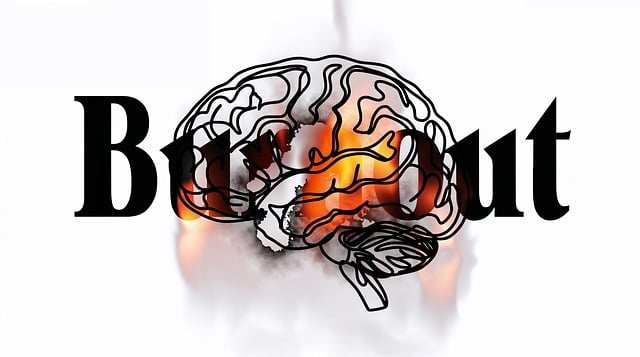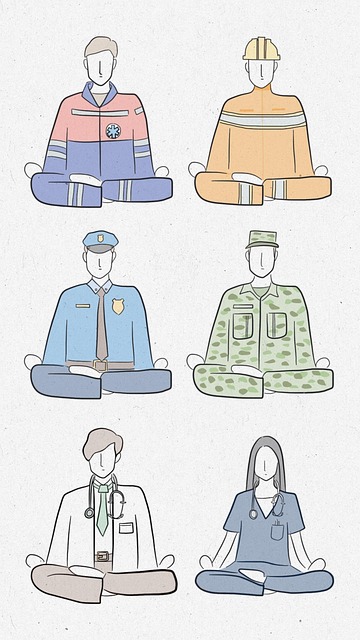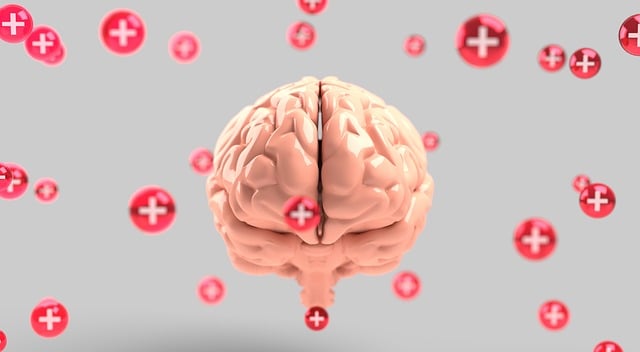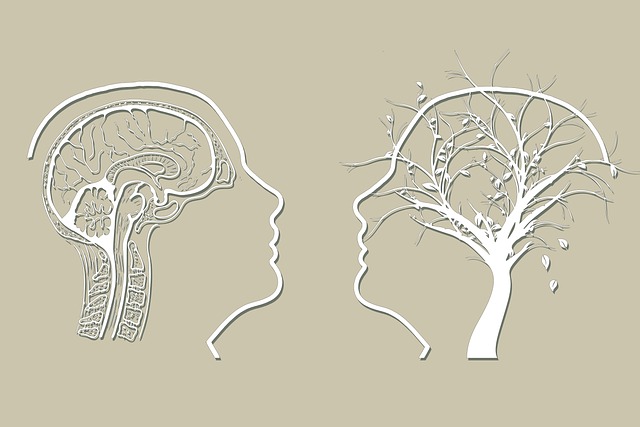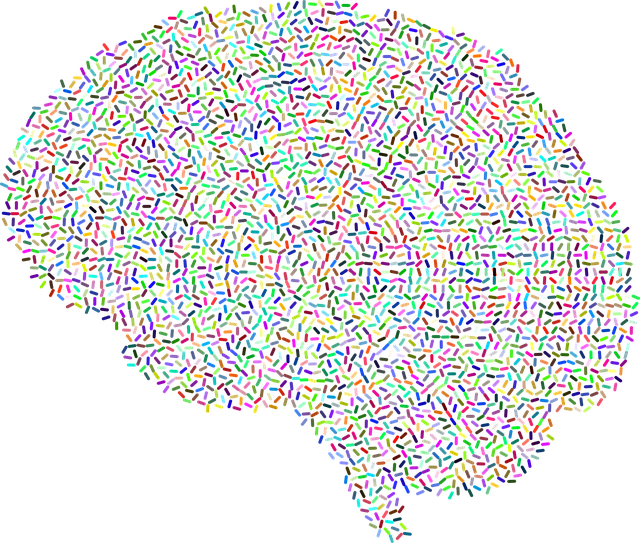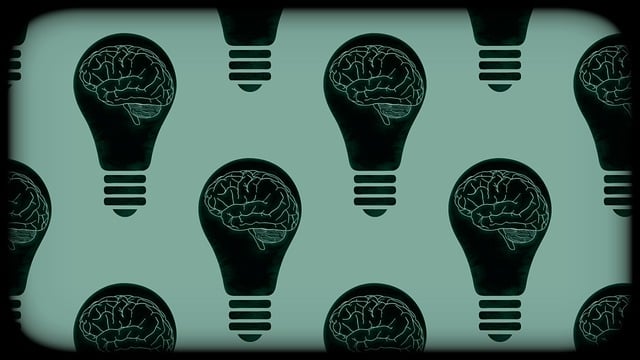Wheat Ridge Play Therapy provides a unique, safe space for children to express & understand emotions through play, fostering emotional intelligence and skill development. Utilizing techniques like storytelling, puppetry & mindfulness practices, this approach enhances self-awareness, emotion regulation, conflict resolution and mental wellness in kids, preventing depression and promoting positive coping mechanisms with holistic, tailored strategies. Parents & therapists work together using structured tracking and goal setting for consistent support within a comprehensive Mental Health Policy Analysis & Advocacy framework.
Emotion regulation is a vital skill for children to develop, especially through play therapy. This article explores techniques that parents and therapists can use to empower kids in managing their emotions effectively. We delve into the significance of emotional intelligence, particularly in the context of Wheat Ridge Play Therapy, offering practical strategies for teaching children to recognize and control their feelings. From understanding basic emotions to implementing tailored techniques, this guide aims to enhance emotional well-being through evidence-based practices, ensuring a more balanced and happy childhood.
- Understanding Emotion Regulation and Its Importance in Play Therapy
- The Role of Wheat Ridge Play Therapy in Teaching Emotional Skills
- Practical Techniques for Effective Emotion Regulation
- Implementing and Tracking Progress: A Guide for Parents and Therapists
Understanding Emotion Regulation and Its Importance in Play Therapy

Play therapy is a powerful tool for children to explore and understand their emotions, making it an integral part of emotion regulation techniques teaching. In Wheat Ridge Play Therapy, therapists create a safe and nurturing environment where kids can freely express themselves through play. This process helps them develop emotional intelligence, enabling them to recognize, manage, and appropriately respond to their feelings. By engaging in various play activities, children learn to regulate emotions, which is crucial for their overall well-being.
Emotion regulation plays a significant role in a child’s ability to cope with challenges, interact positively with peers, and build healthy relationships. Play therapy sessions often incorporate strategies such as emotional labeling, where therapists guide children to identify and name their emotions. This simple yet effective technique forms the foundation for kids to understand and manage their emotional responses. Through interactive games, storytelling, and creative expression, play therapy facilitates the development of essential skills in conflict resolution and emotional well-being promotion techniques, which can have long-lasting positive effects on a child’s life.
The Role of Wheat Ridge Play Therapy in Teaching Emotional Skills

Wheat Ridge Play Therapy offers a unique and effective approach to teaching emotional skills, particularly for children. Through play, therapists facilitate a safe space where young individuals can explore and understand their emotions, fostering self-awareness and coping mechanisms. By engaging in imaginative play scenarios, kids learn to express their feelings, manage intense emotions, and develop essential communication strategies. This therapeutic method is renowned for its ability to help children navigate complex feelings, build resilience, and enhance overall mental wellness.
The process involves creating a supportive environment where play becomes the language for emotional expression. Therapists use various techniques, such as storytelling, puppetry, and symbolic play, allowing children to act out their experiences and work through challenges. This hands-on approach not only aids in emotion regulation but also encourages creative problem-solving skills, making it an invaluable tool in the production of the Mental Wellness Podcast Series, where real-life examples of resilience building can be showcased.
Practical Techniques for Effective Emotion Regulation

Teaching effective emotion regulation techniques is a crucial aspect of mental health care, and Wheat Ridge Play Therapy offers innovative approaches to help individuals navigate their emotions. Through various methods, clients can learn to manage and understand their feelings, leading to improved well-being. One powerful tool is Self-Awareness Exercises, which encourage individuals to observe and identify their emotions. This practice fosters a deeper connection with one’s inner self, allowing for early detection of emotional shifts. By naming and acknowledging these feelings, people can begin to develop healthy coping strategies.
For instance, simple mindfulness practices, such as deep breathing or guided meditation, enable individuals to stay grounded in the present moment, reducing reactivity to intense emotions. These techniques are particularly beneficial in managing stress and anxiety, common challenges that often lead to Depression Prevention. Play therapy sessions can also incorporate creative outlets like art, music, or movement, which provide alternative ways for clients to express and release their emotions, fostering a holistic approach to Mental Health Awareness and regulation.
Implementing and Tracking Progress: A Guide for Parents and Therapists

Teaching emotion regulation techniques is a powerful tool that parents and therapists can utilize to support children’s mental health and well-being. Implementing these strategies requires patience, consistency, and structured tracking of progress. Parents and therapists should set clear, achievable goals tailored to each child’s unique needs. Regularly reviewing these goals provides an opportunity to celebrate successes and adjust strategies as needed.
Wheat Ridge Play Therapy offers a supportive environment for learning and growth. By integrating emotion regulation techniques into play therapy sessions, therapists can help children develop healthy coping mechanisms. Tracking progress involves assessing changes in emotional expression, problem-solving skills, and overall behavior. Regular communication between parents and therapists is vital to ensure alignment in approach and to share insights that promote consistent support within the child’s environment, including community outreach program implementation and risk assessment for mental health professionals as part of a comprehensive Mental Health Policy Analysis and Advocacy strategy.
Wheat Ridge Play Therapy offers a comprehensive approach to teaching emotion regulation skills, empowering both therapists and parents to support children’s emotional well-being. By understanding the importance of emotional intelligence in play therapy and utilizing practical techniques, we can help kids navigate their feelings effectively. With consistent implementation and tracking of progress, these strategies foster healthy emotional development, making them invaluable tools for anyone involved in play therapy.



